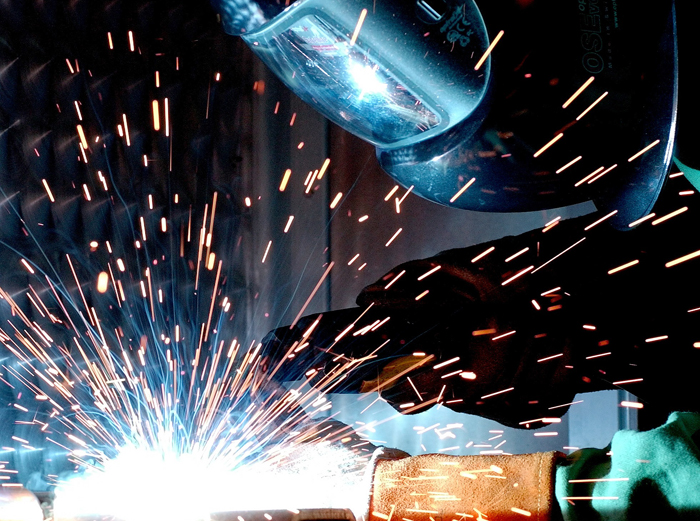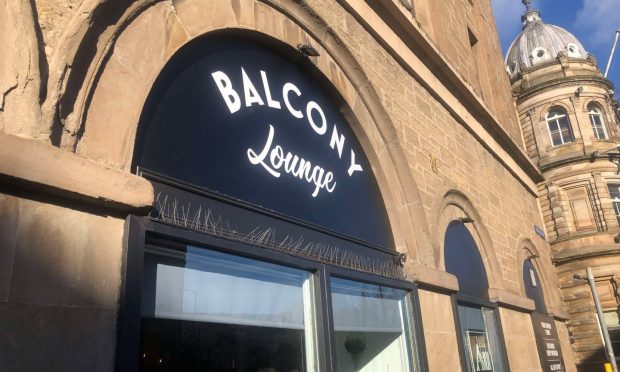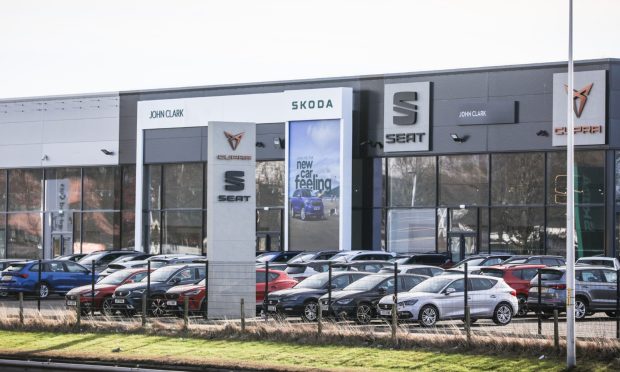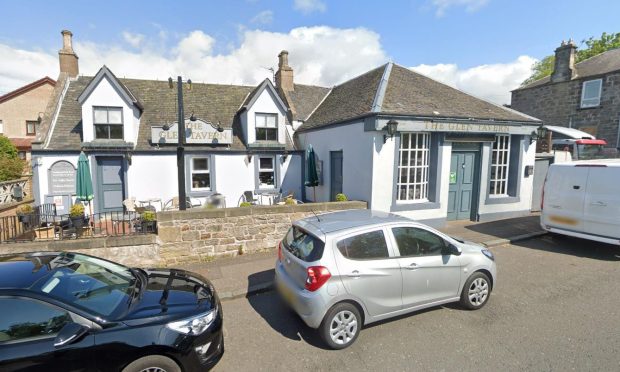Colleges throughout Scotland have a clear and focused role in delivering the skilled workforce required for a modern economy, and apprenticeships are an important part of that.
By supporting the DYW youth employment strategy and developing a workforce prepared for the future, we can ensure that youth unemployment reduces, productivity increases in the region, and that Fife contributes significantly to Scotland’s growing economy.
Developing the right skills for the job
Equipping the workforce of the future with the right skills has never been more important with skills gaps emerging in many areas including engineering, technology, and childcare. We are therefore playing a key role in ensuring Fife’s future workforce is equipped with the necessary training and skills required to succeed.

To support the development of a talent pipeline, Fife College works incredibly closely with employers. This helps us to understand the workforce challenges industry faces both now and in the future and allows us to tailor our courses an around these local and national needs.
As a college, we are uniquely placed to know, and understand, the needs of employers in our region. We see our role as to deliver career-related professional, technical, and vocational training to provide a skilled, qualified workforce across all sectors. It is this skilled workforce that is vital for Fife’s economic growth, and a key driver of productivity.
With the requirements of the modern workforce changing all the time, we play a crucial role in identifying, helping, and facilitating alternative pathways for people – providing our students with work-ready skills, upskilling, and retraining to meet the needs of employers. Only by building stronger partnerships between education and industry can we hope to address the ever-widening skills gap.
 Designing and delivering apprenticeships
Designing and delivering apprenticeships
Apprenticeships form a fundamental part of the College’s offering and they’re vital in helping employers develop their workforce by training new staff – offering a key route into successful careers – and allowing them to upskill existing employees.
Fife College currently delivers one of the largest Modern Apprenticeship contracts – on behalf of Skills Development Scotland – of any college in Scotland with around 500 MAs trained each year across more than 20 framework sectors covering everything from construction to social services.
We also, in partnership with Fife Council, operate one of the most ambitious Foundation Apprenticeship contracts in Scotland with 11 FAs available for high school pupils in Fife.
FAs provide pupils with the opportunity to develop their skills, experience and knowledge in a live business environment, at the same time as gaining an industry-recognised qualification set at the same level of learning as a Higher.
Apprenticeships – both MAs and FAs – provide fantastic opportunities for individuals to take their first steps into a rewarding career.
They also play an invaluable role in providing employers – from new start-ups to industry leaders – with the skilled workforce they require to address sector-specific skills gaps. In turn, this supports the growth and development of the local economy by anchoring skills and jobs in Fife.
Our apprenticeships are based on national standards in relation to the knowledge, skills, behaviours and wider attributes that apprentices will need to perform successfully and compete in a rapidly changing global economy.
And of course apprenticeships offer more than just a qualification. They balance academic learning with valuable hands-on experience to maximise opportunities for contextualised learning and practical skills development.
Our role
Figures from the Fraser of Allander Institute show that the Scottish economy gets an additional £55,000 boost to productivity for each college graduate. Colleges are a linchpin on which the ambitions of a modern, dynamic Scottish economy will be realised.
And only by building and maintaining collaborative partnerships with local employers to upskill and retrain their workforce – through Foundation and Modern Apprenticeships as well as part-time professional qualifications and ongoing Continuing Professional Development – will we ensure businesses remain competitive and fit for the future.










